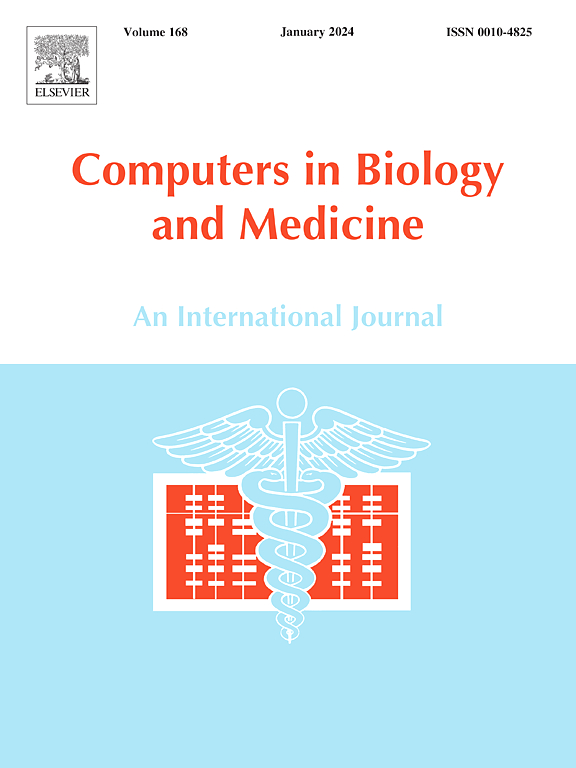EnsemPred-ACP:结合机器和深度学习改进抗癌肽预测
IF 7
2区 医学
Q1 BIOLOGY
引用次数: 0
摘要
抗癌肽(ACP)已成为一种有效的治疗药物,因为它能够选择性地靶向癌细胞,同时将对健康细胞的毒性降到最低。然而,由于癌症背后复杂的分子机制,ACP的精确计算预测仍然具有挑战性。在本研究中,我们介绍了一种创新的集成框架EnsemPred-ACP,它结合了机器学习(ML)和深度学习(DL)方法来增强ACP预测。我们的主要创新是引入二进制轮廓特征(BPF)来增强预训练的蛋白质嵌入,从而捕获对ACP识别至关重要的位置特异性模式。该框架采用双管道架构;ML模型处理手工制作的序列特征和嵌入,而DL模型处理bpf增强的嵌入。经独立数据集评估,EnsemPred-ACP的准确率为0.863,灵敏度为0.897,特异性为0.830,明显优于现有方法。该模型具有较强的泛化性能,在接收者工作特征曲线下的面积达到0.93。对独立数据集的消融研究进一步强调了BPF的实质性影响,当与ESM2和ProtT5嵌入相结合时,BPF的预测精度分别提高了2.5%和11.1%。这些结果证明了我们的综合方法在准确识别潜在治疗肽方面的有效性,从而促进了基于肽的癌症治疗方法的发展。本文章由计算机程序翻译,如有差异,请以英文原文为准。

EnsemPred-ACP: Combining machine and deep learning to improve anticancer peptide prediction
Anticancer peptide (ACP) has emerged as potent therapeutic agents owing to its ability to selectively target cancer cells while minimising toxicity to healthy cells. However, the accurate computational prediction of ACP remains challenging because of the complex molecular mechanisms underlying cancer. In this study, we introduce EnsemPred-ACP, an innovative ensemble framework that combines machine learning (ML) and deep learning (DL) approaches to enhance ACP prediction. Our primary innovation is the introduction of binary profile features (BPF) to augment pre-trained protein embeddings, thereby capturing position-specific patterns crucial for ACP identification. The framework used a dual-pipeline architecture; ML models processed handcrafted sequence features and embeddings, whereas DL models handled BPF-enhanced embeddings. Upon evaluation with independent datasets, EnsemPred-ACP achieved an accuracy of 0.863, sensitivity of 0.897, and specificity of 0.830, notably outperforming existing methods. The model demonstrated a strong generalisation performance, achieving an area under the receiver operating characteristic curve of 0.93. Ablation studies on independent datasets further highlighted the substantial impact of BPF, enhancing the prediction accuracy by 2.5 % and 11.1 % when integrated with ESM2 and ProtT5 embeddings, respectively. These results demonstrate the effectiveness of our integrated approach in accurately identifying potential therapeutic peptides, thereby contributing to the advancement of peptide-based cancer therapeutics.
求助全文
通过发布文献求助,成功后即可免费获取论文全文。
去求助
来源期刊

Computers in biology and medicine
工程技术-工程:生物医学
CiteScore
11.70
自引率
10.40%
发文量
1086
审稿时长
74 days
期刊介绍:
Computers in Biology and Medicine is an international forum for sharing groundbreaking advancements in the use of computers in bioscience and medicine. This journal serves as a medium for communicating essential research, instruction, ideas, and information regarding the rapidly evolving field of computer applications in these domains. By encouraging the exchange of knowledge, we aim to facilitate progress and innovation in the utilization of computers in biology and medicine.
 求助内容:
求助内容: 应助结果提醒方式:
应助结果提醒方式:


